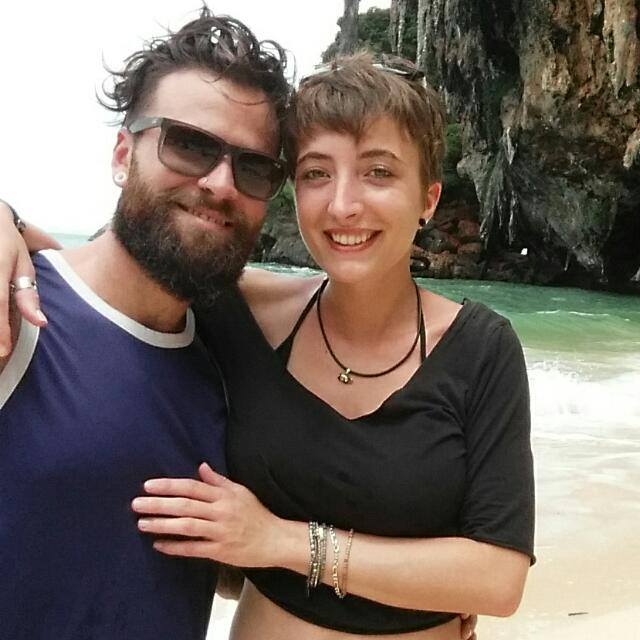
The world’s Largest Sharp Brain Virtual Experts Marketplace Just a click Away

Levels Tought:
Elementary,Middle School,High School,College,University,PHD
| Teaching Since: | Jul 2017 |
| Last Sign in: | 365 Weeks Ago, 1 Day Ago |
| Questions Answered: | 5502 |
| Tutorials Posted: | 5501 |
MBA.Graduate Psychology,PHD in HRM
Strayer,Phoniex,
Feb-1999 - Mar-2006
MBA.Graduate Psychology,PHD in HRM
Strayer,Phoniex,University of California
Feb-1999 - Mar-2006
PR Manager
LSGH LLC
Apr-2003 - Apr-2007
1.      Summarize the event. Give the context, content, speaker, etc.
1-      Creating Inclusive Communities Conference 
2-¬†¬†¬†¬†¬† ¬†Amer Ahmed, Director of Intercultural Teaching and Faculty Development at University of Massachusetts ‚Äď Amherst
3-      Building Multicultural Student Coalitions,  is a coalition of students deeply committed to social justice and the principles of unity, integrity, responsibility and respect
4-      Attributes of an effective coalition;
1.      Self-awareness: know what’s your organization is and what it isn’t.
2.      Empathy: The ability or willingness to try, to recognize the similarities and difference between one’s own organization and someone else’s.
3.      Flexibility: Being able to adapt and integrate ideas from other organization in order to establish common ground.
4.      Curiosity: Willingness to explore and learn about organizations other than one’s own
5.      Patience: Recognizing and accepting the fact that coalitions can be challenging and may take time to produce results.
5-      The D.I.E model; This model is an important debriefing tool that can help students approach culture learning more systematically and strategically
1.¬†¬†¬†¬†¬† Describe: Objectives analysis and articulation based on observations, information gathering stage . Describe the object/situation/content in concrete terms. ‚ÄĘ What happened in the interaction/experience/situation? ‚ÄĘ What was said? What did you see? What did you feel at the time?
2.¬†¬†¬†¬†¬† Interpret: Subjective analysis and articulation based in large part on individual cultural experiences, what you think you see/ observe. Think of possible explanations for what you observed or experienced. ‚ÄĘ What do the words spoken and actions mean to you? ‚ÄĘ What adjectives would you use to explain the experience or situation? ‚ÄĘ Try to find at least three interpretations of the interaction or occurrence. What cultural information have you used to produce these interpretations?
3.¬†¬†¬†¬†¬† Evaluate: Assignment of value judgement based on descriptive and interpretive information, de ,what you think and/or feel about what you think you see/observe. Evaluate what you observed or experienced. ‚ÄĘ What positive or negative feelings do you have regarding the experience or situation? ‚ÄĘ How might you have felt if you were a member of the host culture and held the dominant cultural values and beliefs?
4.      Note: In order for culture learning to be effective, these steps should be done in order. Often, we tend to evaluate before we interpret, which leads to stereotypes rather than to informed generalizations.
6-      Barriers of effective coalitions
1.      Stereotyping other organizations.
2.      Eliminating potential opportunities before considering common interests and goals.
3.      Not recognizing the full potential of one’s own organization.
7-      Unite and Conquer:
1.      Fragmentations amongst groups perpetuates the status quo.
2.      Coalitions and collaborations leverage power amongst groups to create change.
3.      Students hold power on campuses that they often don’t realize.
4.      Administrators are more likely to advocate for students when they are organized and aligned across many groups and organizations.
2. Discuss what you learned. Examine any new information presented. Why does it matter that you now know this? What can you do with this information?
3. Relate it to either class discussion or a reading from class. There will undoubtedly be overlaps between our coursework and the event you attend -- examine these similarities. At the very least, think about how it impacts your understanding of what it means to be human.
 
 
 

Hel-----------lo -----------Sir-----------/Ma-----------dam----------- T-----------han-----------k y-----------ou -----------for----------- us-----------ing----------- ou-----------r w-----------ebs-----------ite----------- an-----------d a-----------cqu-----------isi-----------tio-----------n o-----------f m-----------y p-----------ost-----------ed -----------sol-----------uti-----------on.----------- Pl-----------eas-----------e p-----------ing----------- me----------- on----------- ch-----------at -----------I a-----------m o-----------nli-----------ne -----------or -----------inb-----------ox -----------me -----------a m-----------ess-----------age----------- I -----------wil-----------l